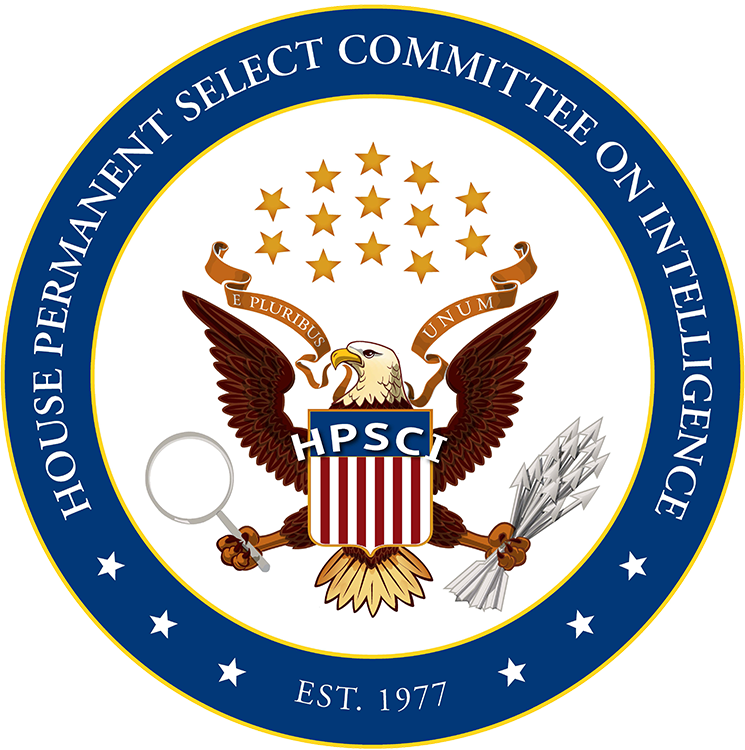Press Releases
Fact sheet on H.R. 4681, The Fiscal Year 2015 Intelligence Authorization Act
Washington, DC,
December 12, 2014
Fact sheet on H.R. 4681, The Fiscal Year 2015 Intelligence Authorization Act Myth/Fact Myth: Section 309 of H.R. 4681 permits the government to acquire, retain, and disseminate nonpublic electronic communications to or from U.S. persons. Fact: Section 309 provides no authority to collect any communications whatsoever. Instead, Section 309 protects privacy rights by requiring the government to adopt procedures to destroy communications collected outside the United States after five years unless the communications relate to terrorists or foreign governments, relate to an imminent threat to human life, or fall into other clearly defined exceptions. Although the executive branch already follows procedures along these lines, Section 309 would enshrine the requirement in law. In the Senate Intelligence Committee, Senator Wyden and Senator Udall supported this provision.
Fact: In May, the House passed an intelligence authorization bill for Fiscals Year 2014 and 2015. The Senate voted on each year’s funding separately. In July, the Senate passed a 2014 bill, the House concurred, and the bill—which included many of the provisions in the House bill passed in May—became law. Yesterday, the Senate passed its FY 2015 bill and legislative provisions from the Senate. That bill, which is now before the House, also contains the FY2015 legislative provisions from the House-passed bill. Other Bill Highlights: · Increased research and development on potentially game-changing technologies · New investments in modernized intelligence capabilities that will also have lower operating costs · Enhanced investments in military intelligence, surveillance, and reconnaissance aircraft · Enhanced investments to more efficiently task and operate intelligence collection assets · Policy and funding direction on sensitive intelligence operations · Funding to thwart insider threats · Funding to pursue new intelligence capabilities from space · Funding reductions to activities that are inefficient or insufficiently justified -30- **For regular updates, “Like” the HPSCI Facebook page, follow @HouseIntelComm on Twitter or go to the HPSCI Website. To unsubscribe/ subscribe to Committee email updates, click here to update your preferences |
